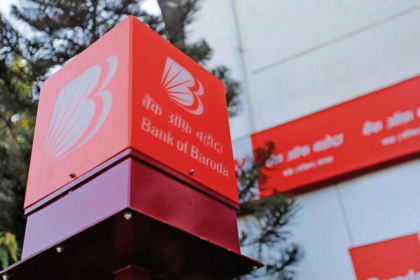Vodafone Idea’s stock saw a sharp rally on April 1, hitting the upper circuit of 20% after brokerage firm Citi issued a 90-day positive catalyst watch. The boost comes after the Indian government has decided to convert ₹36,950 crore of Vodafone Idea’s spectrum dues into equity. This move will increase the government’s stake in the telecom operator to 48.99%, making it the largest shareholder.
Citi views this as a major positive, calling it a timely show of support that could have a lasting impact on Vodafone Idea’s future. The brokerage firm believes that this financial relief will improve the company’s cash flow for the next three years and help secure additional bank funding. Vodafone Idea has already raised over ₹20,000 crore through a Follow-on Public Offer (FPO) and capital infusion from promoters, and this latest move could further stabilize its financial position.
The positive outlook isn’t limited to Vodafone Idea alone. Citi has also extended a 90-day positive catalyst watch to Indus Towers, a company that provides telecom infrastructure. The brokerage expects Indus Towers to resume dividend payouts, projecting a ₹18 per share payout by April. Additionally, Citi forecasts that Indus Towers will see 10% annual EBITDA growth over FY25-27, driven by an 8% growth in tenancy. With a price target of ₹470, Citi sees a 41% upside for the stock.
However, not all analysts share the optimism. Macquarie has taken a cautious stance, warning that Vodafone Idea’s cash flow remains weak. The firm believes that the company may need further equity infusions in the future, leading to dilution risks for minority shareholders. As a result, Macquarie has given Vodafone Idea a “neutral” rating with a price target of ₹7.
Another brokerage, CLSA, has upgraded Vodafone Idea to “outperform,” raising its price target to ₹10. It believes that tariff hikes will improve the company’s cash flow, helping it fund capital expenditures.
Despite these differing views, the market remains divided. Out of 21 analysts covering Vodafone Idea, 11 have a “sell” rating, while five each have a “buy” and “hold” rating. For Indus Towers, 13 analysts recommend buying, six advise holding, and five suggest selling.







